The Influence of Freeman and Mead

In this unit (to accompany SAPIENS podcast S6E6), students go beyond the Mead–Freeman controversy to explore the repercussions of nature versus nurture in U.S. scholarly debates from the 1980s to the 2000s. Students will research how these debates trickled into mass media reporting and affected U.S. society.
- Assess how the nature versus nurture debate shaped U.S. society in the 1980s and 1990s.
- Relate how Derek Freeman’s and Margaret Mead’s ideas shaped U.S. views.
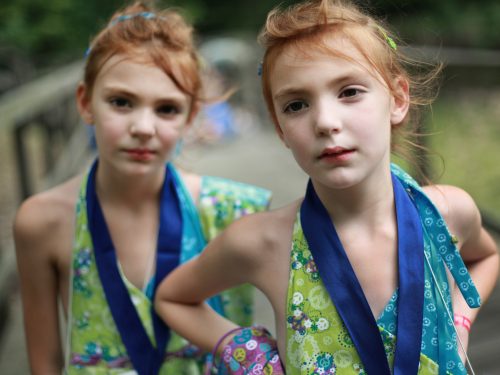
How Twin Culture Challenges Our Notions of Self
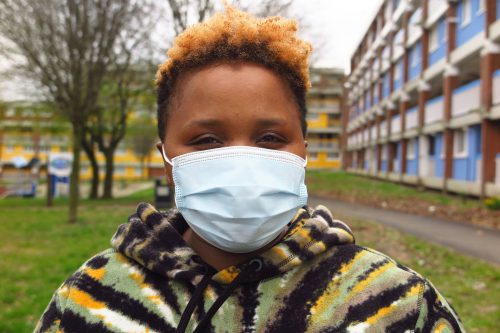
No, “Racial Genetics” Aren’t Affecting COVID-19 Deaths

For the Love of Cats in Turkey
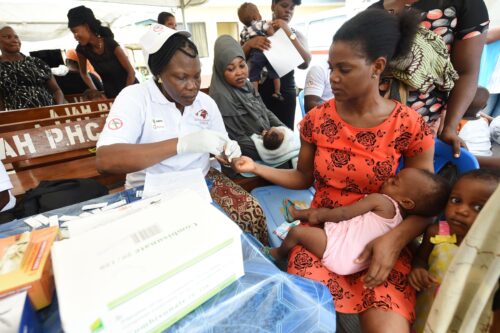
Gene Therapy’s Promise Meets Nigeria’s Sickle Cell Reality
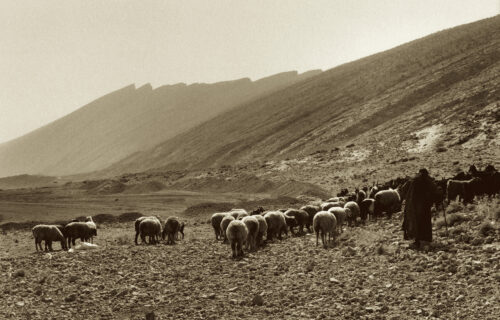
What Ancient Goat Teeth Reveal About Animal Care
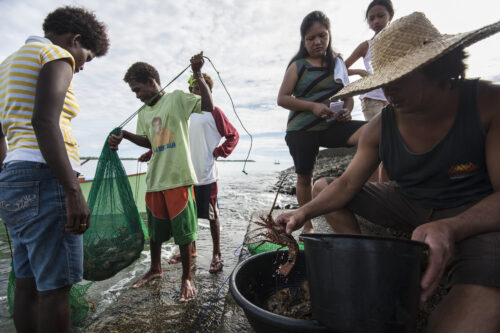
Neighborliness Matters to Your Health
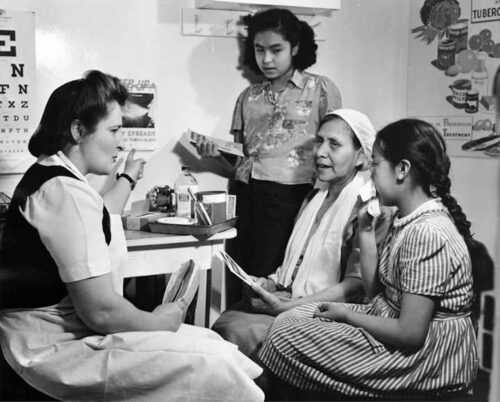
A Native Alaska Community’s Reckoning With Vaccine Hesitancy
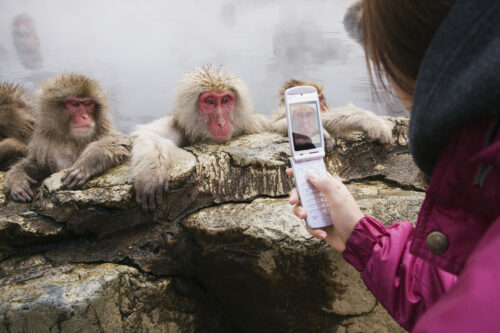
Does “Monkeypox” Give Monkeys a Bad Name?

Five Reasons Why Trump Won Again
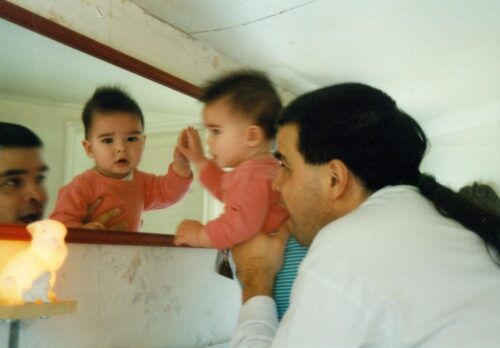
Finding Our Way Forward—by Remembering

Griko’s Poetic Whisper

08.03.2019

Between the Lines
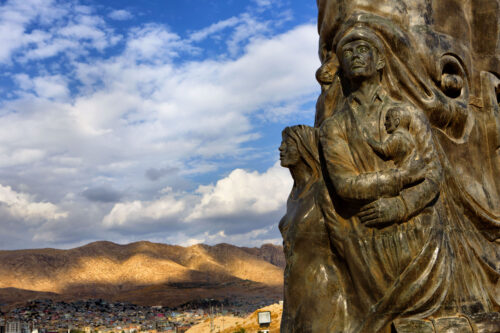
Poems of Witness and Possibility: Inside Zones of Conflict

Doctors Are Taught to Lie About Race
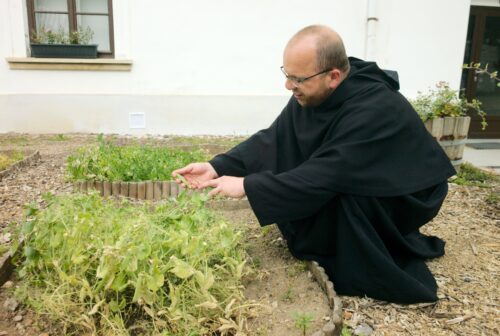
People Are Not Peas—Why Genetics Education Needs an Overhaul

Can Ancient DNA Support Indigenous Histories?
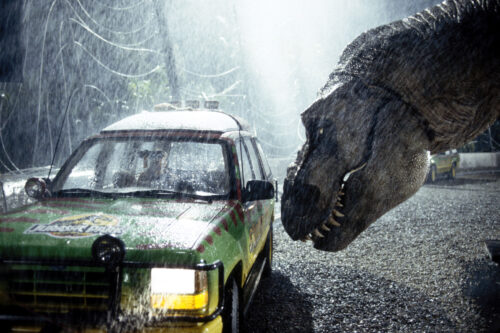
Celebrity Status Almost Ruined Ancient DNA Research

Gene Therapy’s Promise Meets Nigeria’s Sickle Cell Reality
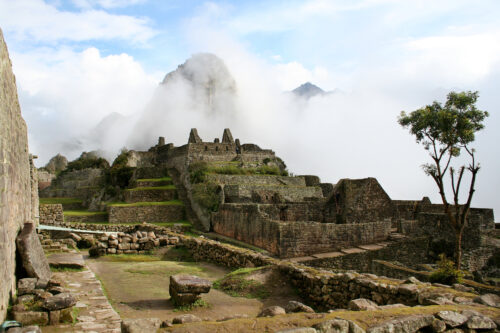
Decoding Diversity and Power at Machu Picchu

Five Reasons Why Trump Won Again
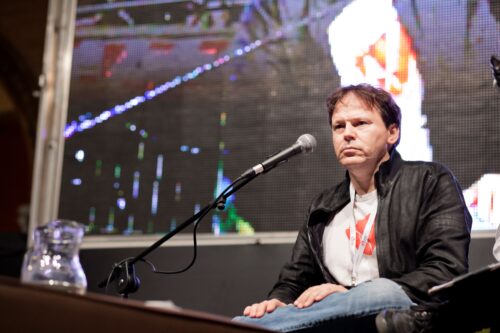
Revisiting the Spiritual Violence of BS Jobs
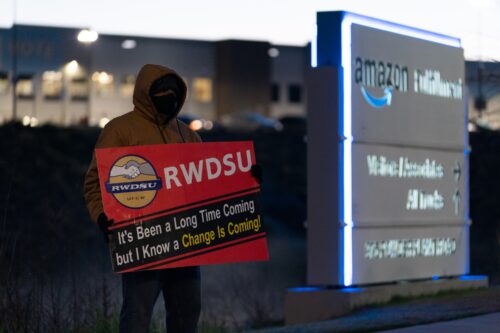
Inside Amazon’s Union-Busting Tactics

Can “Made in China” Become a Beacon of Sustainability?

What It’s Like to Grow Old on the Margins
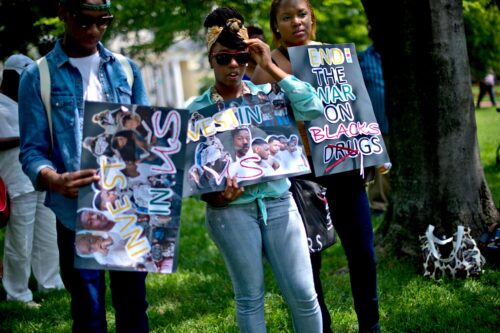
How Racism Shapes the U.S. Opioid Epidemic
- Freeman’s 1983 book Margaret Mead and Samoa: The Making and Unmaking of an Anthropological Myth criticizes Mead’s work and focuses on the nature versus nurture debate, a hot topic in the 1980s. He calls Mead “anti-biological, anti-evolutionary, and anti-scientific” (Shankman 2001, 181). But as Mead’s supporters pointed out, her decades-long work and research in American Samoa demonstrated her consideration of both biological and cultural attributes in her research. Explore this dichotomy with students.
- Freeman’s supporters pinned Mead as an “archaic and misguided cause of cultural determinism” (Shankman 2001). Discuss how this undermined her reputation as an American icon and pioneering figure in anthropology.
- Mead’s supporters accused Freeman of cherry-picking and missing her main arguments. For example, she had spoken at two major associations on the importance of evolution and genetics in anthropological study (the American Anthropological Association in 1961 and the American Association for the Advancement of Science in 1976). Discuss with students how Mead was not a staunch cultural determinist despite Freeman’s accusations to the contrary.
- During the 1980s, the nature versus nurture debate spilled into other disciplines. Explore how some used pseudo-scientific claims to support that nature/genetics determines personality and cultural development and how the debate quickly escalated into heated topics about race and sexuality.
- Mead wrote her book for a U.S. audience, and although she believed she portrayed Samoans positively, many Samoans did not agree. After Freeman’s book was published in 1983, Samoans found more public space to criticize Mead. Discuss with students how this created more doubt about the accuracy of Mead’s research.
- Discuss with students how Samoans did not entirely agree with Freeman either, and how many believed he also described their culture incorrectly by portraying it filled with sexual purity, violence, and aggressiveness. In 1987, Freeman and filmmaker Frank Heimans visited Samoa to interview Fa’apua’a, one of Mead’s informants, for the documentary Margaret Mead and Samoa (1988). Freeman attests that Fa’apua’a confessed to hoaxing Mead. But in the on-camera interview, Fa’apua’a appears to have memory problems rather than offer a confession and merely answers questions posed by Galea’i Poumele, a high-ranking Samoan chief who had spoken against Mead in the past.
- In 1999, Freeman published The Fateful Hoaxing of Margaret Mead: A Historical Analysis of Her Samoan Research, which claimed Mead was tricked by an informant. Freeman concluded that Mead had been naive and inexperienced, and so it was not entirely her fault that she had produced inaccurate research.
-
Appell, George N. 1984. “Freeman’s Refutation of Mead’s Coming of Age in Samoa: The Implication for Anthropological Inquiry.” Eastern Anthropologist 37: 183–214.
-
Doughty, Howard. 2011. “Nature, Nurture, and Story-Telling: Part 1. The Freeman–Mead Controversy.” College Quarterly 14 (2).
-
Ortiz, Daniel. 1993. “Creating Controversy: Essentialism and Constructivism and the Politics of Gay Identity.” Virginia Law Review 79 (7): 1833–1857.
-
Pinker, Steven. 2004. “Why Nature and Nurture Won’t Go Away.” Daedalus 133 (4): 5–17.
-
Shankman, Paul. 2001. Margaret Mead. Berghahn, New York.
- Compare a scientific article from the 1980s with one from the 2000s on the nature versus nurture debate. How has our understanding of the debate grown? What questions have been answered or arisen?
- Why is it important to understand whether nature or nurture plays a larger role in human development? What solutions or explanations are useful once we pinpoint the reasons why we are the way we are?
- In his article “Nature, Nurture and Story-Telling: Part 1. The Freeman–Mead Controversy,” Howard Doughty states the controversy “stands as one of the more important sources of data on the anthropology of anthropology.” What does he mean by this?
- What kind of ethics come into play when using twins for nature versus nurture studies? Are there other effective ways to study this topic without using twins?
- In the SAPIENS article, “How Twin Culture Challenges Our Notions of Self,” Dona Davis points out that twins were used in nature versus nurture research for much of history. Find an article using twins to explain a cultural or genetic occurrence. Do you think using twins in the study satisfies the questions posed by researchers or is more work needed?
- Watch the documentary Three Identical Strangers in Additional Resources. Based solely on this example, does nature or nurture play a larger role in human development? Discuss your ideas in a small group.
- Had Mead been alive for Freeman’s criticisms of her work, how would she have responded? Write a response, as Mead, to one of Freeman’s works.
-
Article: Kaveh Majlesi, Paul J. Devereux, Petter Lundborg, and Sandra Black’s “The Role of Nature Versus Nurture in Wealth and Other Economic Outcomes and Behaviours”
-
Article: Leah McLaren’s “Does Parenting Even Matter?”
-
Article: Robin McKie’s “What Makes Us? Nature or Nurture? The DNA Debate Comes Back to Life”
-
Documentary: Tim Wardle’s Three Identical Strangers
Catherine Torres, Freedom Learning Group
The Anthropology of Sexuality
